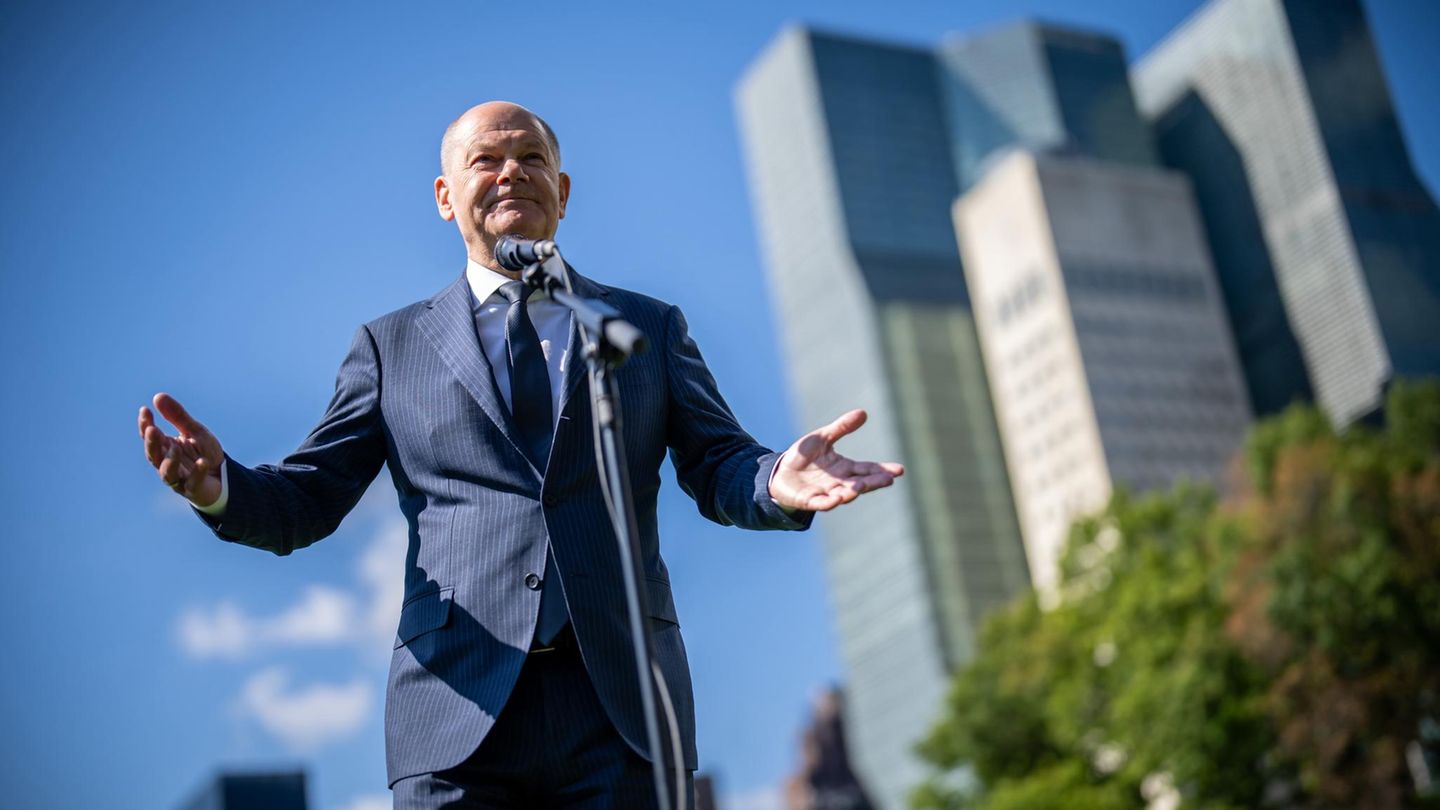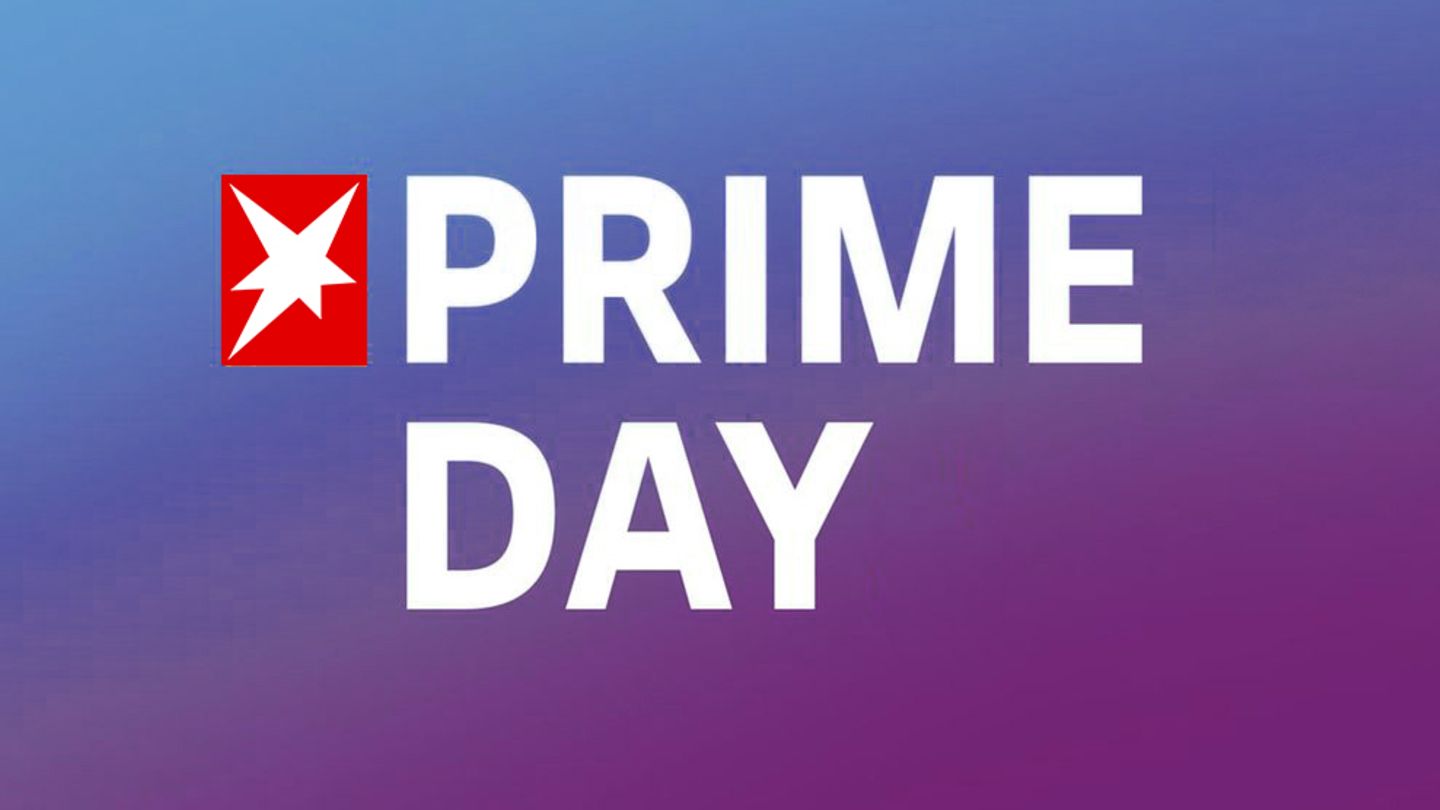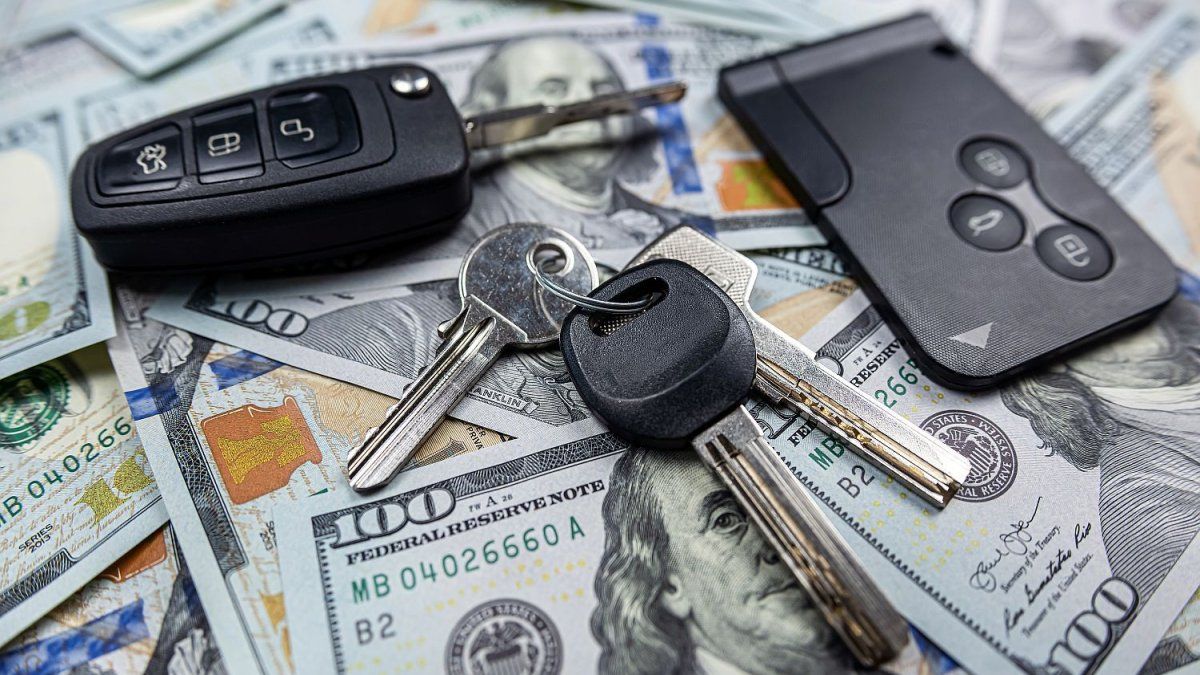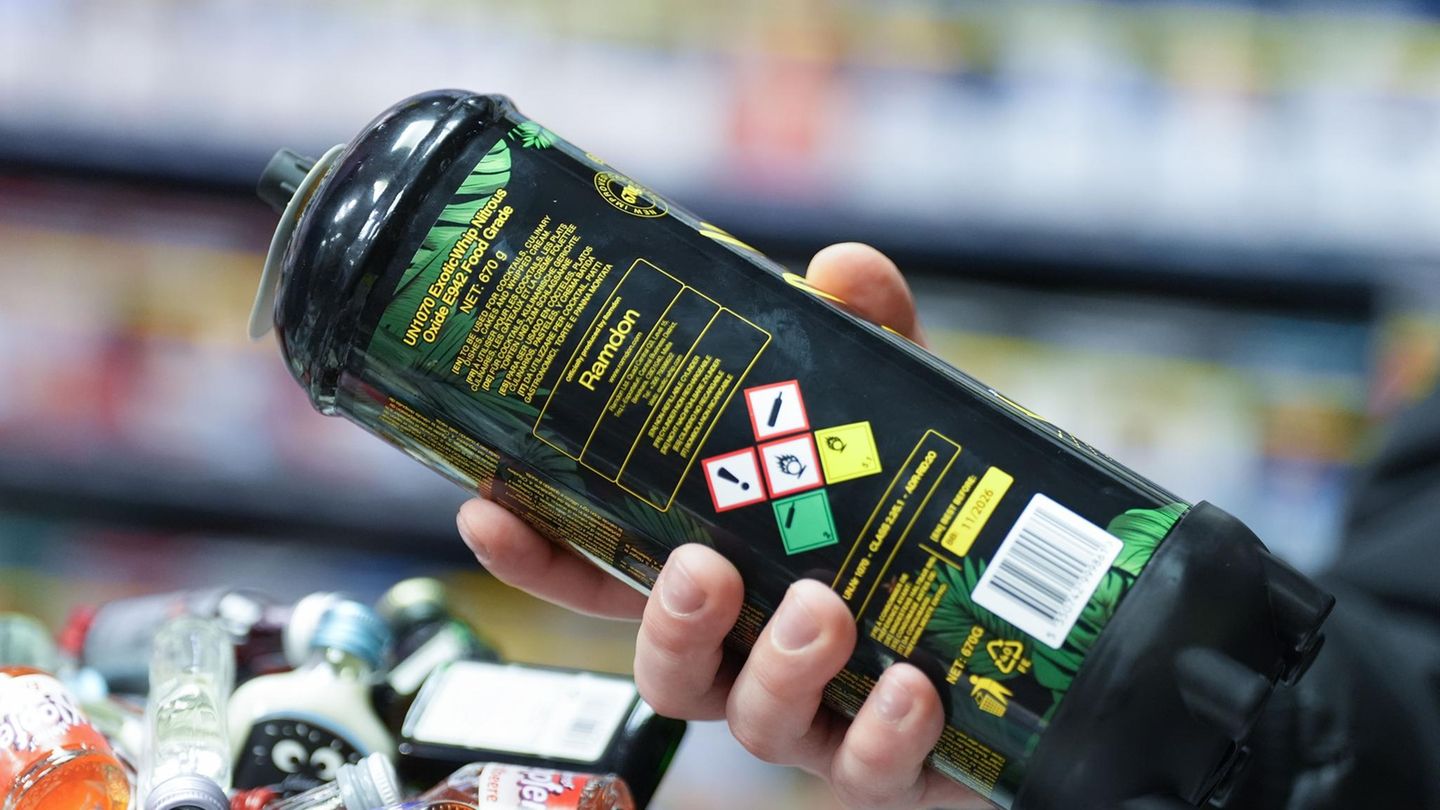Scholz versus Merz – this duel will determine the election campaign. The Chancellor’s chance lies in narrowing things down to two people. The Greens and the FDP suffer
The federal election will be held almost exactly one year to the day, and we can pretty much assume that nothing will change that quickly – no matter how great the longing for a political restart and departure may be. This week also ensured that.
This is original Capital branded content. This article is available for ten days on stern.de. You will then find it again exclusively on capital.de. Capital belongs like that star to RTL Germany.
With 4.1 percent for the Greens and a whopping 0.8 percent for the FDP last Sunday in Brandenburg, the two biggest shaky candidates in the Berlin traffic light coalition have probably lost their desire for a daring little experiment, if anyone ever felt it : The belief in resurrection after suicide due to fear of death is probably gone for the time being.
However, this means that the constellation for the next twelve months is clear: we will experience a duel – Friedrich Merz against Olaf Scholz, challenger against incumbent. And this duel could be more exciting than many people think.
Olaf Scholz’s comfort zone
Of course, the initial situation seems clear: here is the Chancellor, who often appears strangely sedated and who neither the desolate situation in the country nor that of his party seems to be really irritated; there is a virile challenger who is a little older than the incumbent, but comes across as much younger and more energetic (even if everyone who has known Friedrich Merz for a long time still tends to think of his notorious impulsiveness when looking at his demonstrative drive). – a good 31 percent for the CDU and CSU, almost half for the SPD.
However, this situation is Olaf Scholz’s comfort zone. Scholz is now used to only being able to see all his competitors from behind, far behind, and he actually quite likes it. He has made it his trick to like to be underestimated. After all, he can then triumph even more strongly later – which he also enjoys doing.
The Brandenburg election has shown that there is an opportunity for Scholz in the escalation to two people and positions. Dietmar Woidke is an honest and down-to-earth head of government in his country, he is not a human catcher. Nevertheless, Woidke managed to create a mood through his “them or me” campaign that ultimately attracted many voters to him who would never normally have voted for him – even from the CDU. The result was a radiant incumbent who, contrary to expectations, even managed to collect more votes than the AfD (which, however, now also has no civil government partner).
For the federal election campaign, this means: the FDP and the Greens could become the big losers in the next election. Because Merz and Scholz will do everything they can to push the FDP and the Greens into insignificance with their poor record. If Scholz manages to grab just a few percentage points from the disappointed Green Party supporters, he could approach the 20 percent mark again.
The leadership crisis in the Greens is only now beginning
The fact that Robert Habeck is still flirting with a candidacy for chancellor will not change this. He will secretly know that he has no chance in the race for the chancellorship – no matter how impressive he is at explaining crises and transformations. It is possible that in a few years it will even be discovered that his record as Minister of Economic Affairs is better than the genesis of the botched heating law suggests. But the next twelve months won’t be enough to explain this. And the core competence for smurfy surprise successes clearly lies with Scholz.
In addition, for Habeck, the Greens’ leadership crisis was not over this week, but was actually just beginning. It is unlikely that Habeck will manage to more or less take over the party like Joschka Fischer once did. It is more obvious that after the three election defeats this fall, the old wing battles will resurface and at least the party left will demand a departure from the realpolitik course of Habeck or Annalena Baerbock. If she doesn’t get her way, she will openly or tacitly withdraw her allegiance to the party leadership.
Unlike the Greens, an open revolt against party leader Christian Lindner is unlikely to break out in the FDP. The memories of what happened when Guido Westerwelle, who was also hapless and overwhelmed as a minister, were toppled from the party leadership in 2011 are still too present. No, Lindner is staying – and he will not give up his course as the last guardian and defender of a sound budget policy. It’s the last topic he has left. It cannot be ruled out that Lindner will seek salvation by fleeing the government coalition a few months before the election. But he will only do this if he can be sure that there will be no early elections. What is possible, it should be foreseeable that the SPD and the Greens will get through with a minority government until the elections in September.
The rest takes place on the sidelines – like in Brandenburg. This applies even if radical protest parties such as AfD and BSW also get 25 to 30 percent of the vote in the federal government. In the middle of the political spectrum, the Union and the SPD will largely work things out between themselves.
New edition of the no longer quite as large coalition
What can come out of this constellation: “With a view to the federal election next year, there is a threat of a scenario in which increased populism and its tactical defensive reaction, as in Brandenburg, marginalizes the small parties in particular. In the end, only a smaller grand coalition would remain, “The most important thing they have in common is the rejection of the radicals from the right and the left,” writes Christ, who worked in the SPD for many years before switching to the FDP at the beginning of 2020.
In fact, a return to the grand coalition after the 2025 election is the most likely government option. “Merz or Scholz?” – This question only relates to the Chancellery, but beyond this question there is no way around the Union and the SPD as coalition partners. The AfD and BSW can already look forward to this – if the FDP and the Left do not get into parliament, they will form the majority of the opposition alongside the significantly shrunken Greens.
Source: Stern




